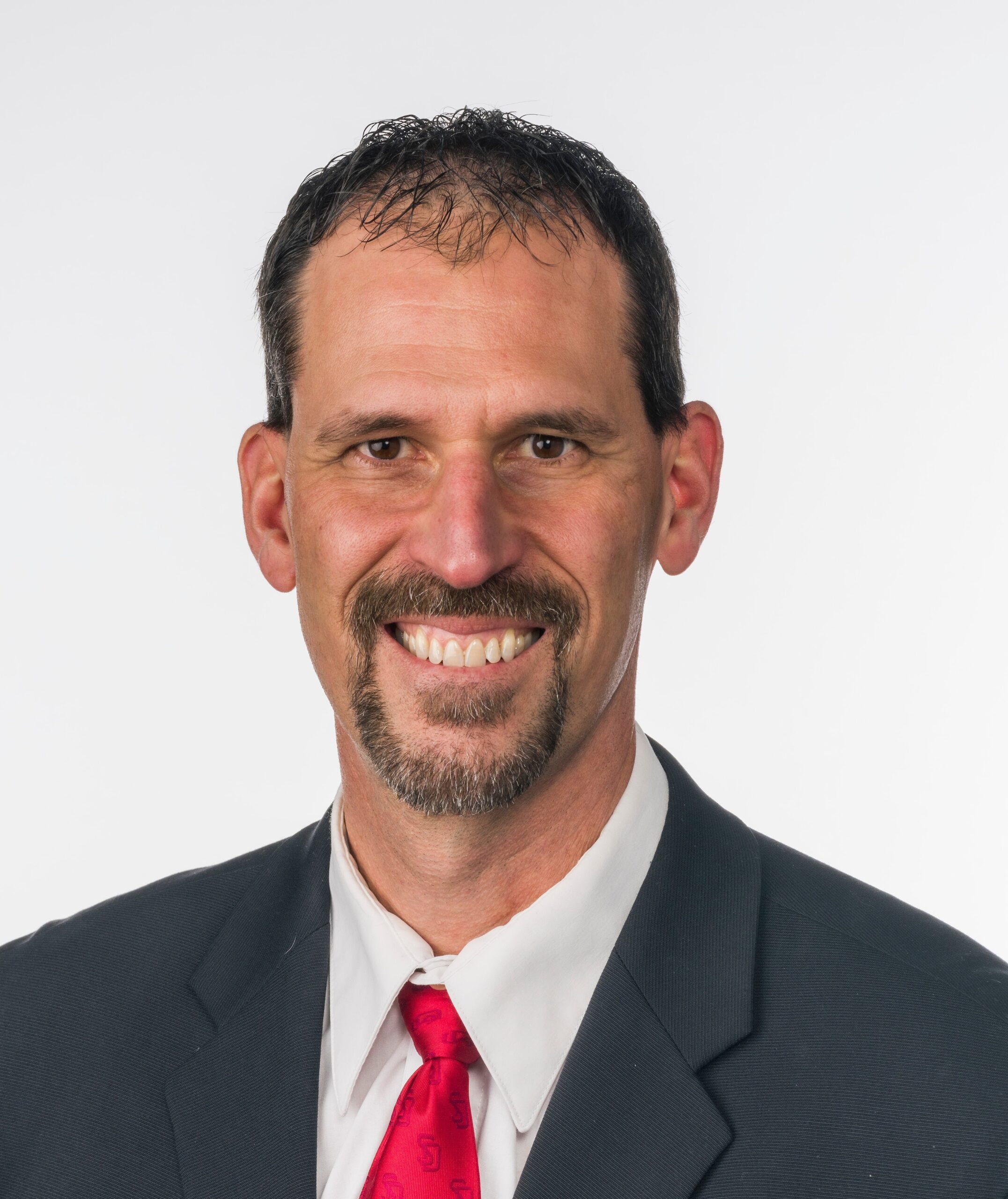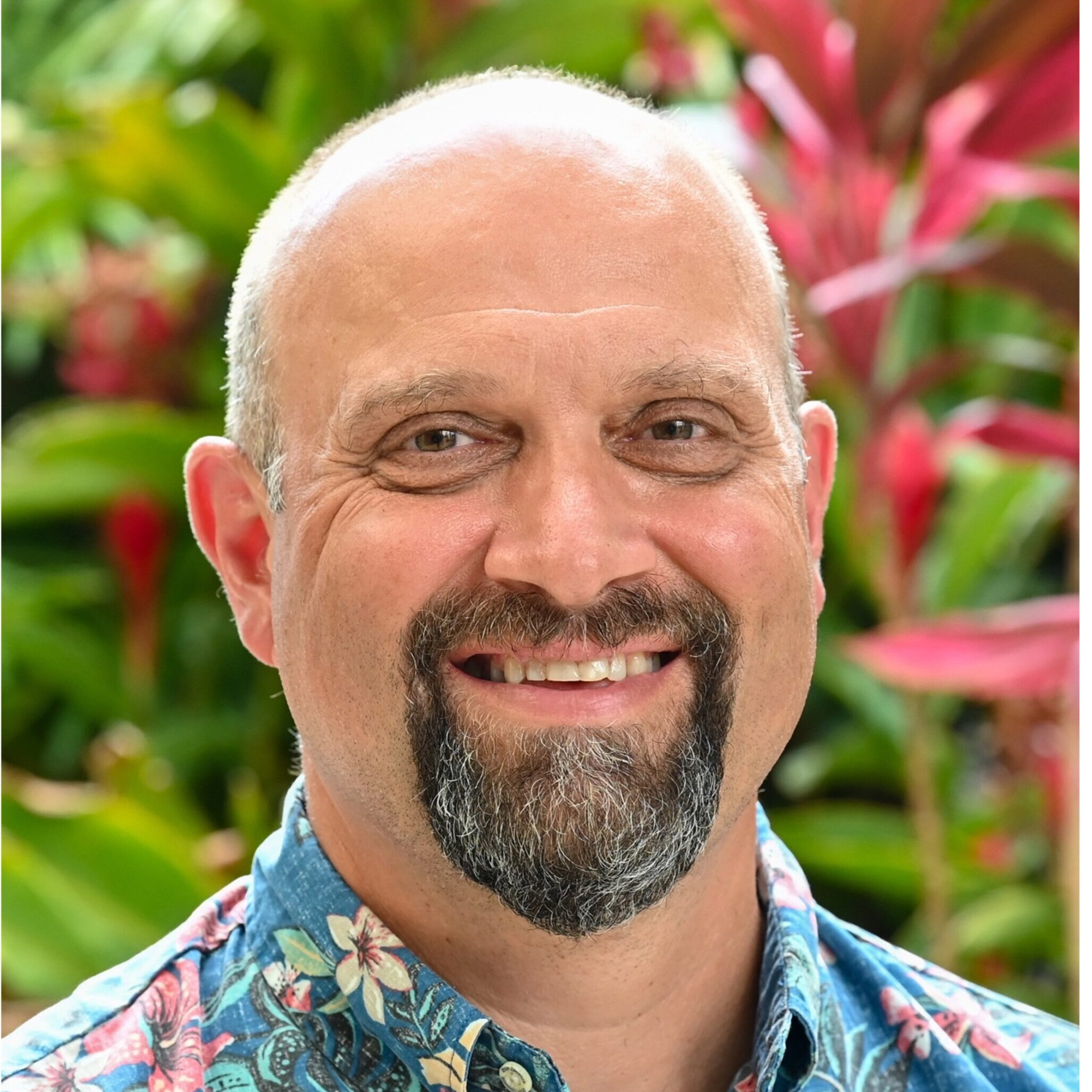Welcome back to a NEW season of PT Elevated where we are broadening our topics to include more researchers but still focusing on topics that you can use in your clinic every day. This season some of our speakers were guests who will be live in-person at the EIM Align Conference this August 26-28 in Dallas, Texas.
On our seventh episode of season 3, Lori Michener, PT, PhD, ATC, FAPTA, joins to discuss the high-value treatment she has conducted for shoulder pain. Lori has been a professor at the University of Southern California in the Division of Biokinesiology & Physical Therapy for 7 years and is also a director at the University of Southern California Clinical Biomechanics Orthopedic and Sports Outcomes Research. At the beginning of her career, Lori trained as an athletic trainer and a physical therapist then went into college athletics and taught for six years in a typical undergraduate institution. She taught athletic training and pre-med, pre-physical therapy, and pre-occupational therapy students. She says it was a great opportunity for her to learn how to be a teacher. She then went back and got her PhD in biomechanics and orthopaedics at Hahnemann now Drexel University and taught for 15 years at Virginia Commonwealth University. Now she has been in Southern California for the last 7 years at the University of Southern California.
In this episode, they focus on why she chose to focus on the shoulder for her speciality area of study. They also discuss the decision of pursuing a Ph.D. and how she came to the conclusion to do so and more!
Here are some of the highlights:
Lori says no matter what area you are interested in if you have questions about pursuing a Ph.D. reach out to her and she is happy to talk about it. She says it took her about 2 years to come to the decision that she wanted to get her Ph.D. The advice she gives to anyone looking to pursue their Ph.D. program is to explore a lot of different programs because they are all different.
Paul asks Lori what outcome measures she thinks we should be using to measure our patients with shoulder pain?
Lori lists several tests she has used and for what over the years:
- The Penn Shoulder Score (PPS) – a condition-specific self-report measure. It is a 100-point scale that consists of 3 subscales, including pain, satisfaction, and function
- The American Shoulder and Elbow Surgeons Shoulder Score (ASES) which is a mixed outcome reporting measure. It has 10 questions but some of the questions can be limited depending upon the patient’s abilities.
- Shoulder Pain and Disability Index (SPADI), which is a self-administered questionnaire that consists of two dimensions, one for pain and the other for functional activities. The pain consists of five questions regarding the severity of an individual’s pain. Functional activities are assessed with eight questions designed to measure the degree of difficulty an individual has with various activities of daily living that require upper-extremity use.
- The DASH outcome measure – the disabilities of the arm, shoulder, and hand questionnaire is a 30-item questionnaire that looks at the ability of a patient to perform certain upper extremity activities. The questionnaire is a self-report questionnaire that patients can rate difficulty and interference with daily life on a 5-point Likert scale.
- Patient Satisfaction Score– a direct question, how satisfied are you with the use of your shoulder presently? 100 is full, 0 is not satisfied.
Some of these outcome measures use legacy measure, some are specific questionnaires if your legacy measure does not capture that and then some anchor patient acceptable symptom state or patient satisfaction with the use of your body part that is injured.
Lori’s Clinical Pearl –
“I wish I would have known that connecting with the patient is more important than what you’re doing with the patient. I don’t think there is a magical set of exercises or manual therapy you can do, how you connect with the patient and deliver care is more important. I try to remember that when I walk in the door, I am in patient mode and the shield is up and I am present with the patient. Your behavior and how you are doing it can change how the patient responds.”
Helpful research and training:
University of Southern California in the Division of Biokinesiology & Physical Therapy.
University of Southern California Clinical Biomechanics Orthopedic and Sports Outcomes Research
Ad Info: We are excited to be back in person and back to hands-on learning for the 2022 Align Conference. This year you can join an all-star lineup
of speakers in Dallas, Texas, August 26 through the 28. The labs and lectures focus on sharpening the physical, hands-on treatments essential to patient care. Save 5% on registration as a PT Elevated Podcast listener. Visit alignconference.com and use the promo code PTELEVATED at checkout. You can find the promo code and a link to the website in the show notes. We can’t wait to see you!
Connect with us on socials:
@ZimneyKJ on Twitter
@PMintkenDPT on Twitter
@LoriMichener on Twitter
@lorimw7 on Instagram
Align Conference 2022, Website

